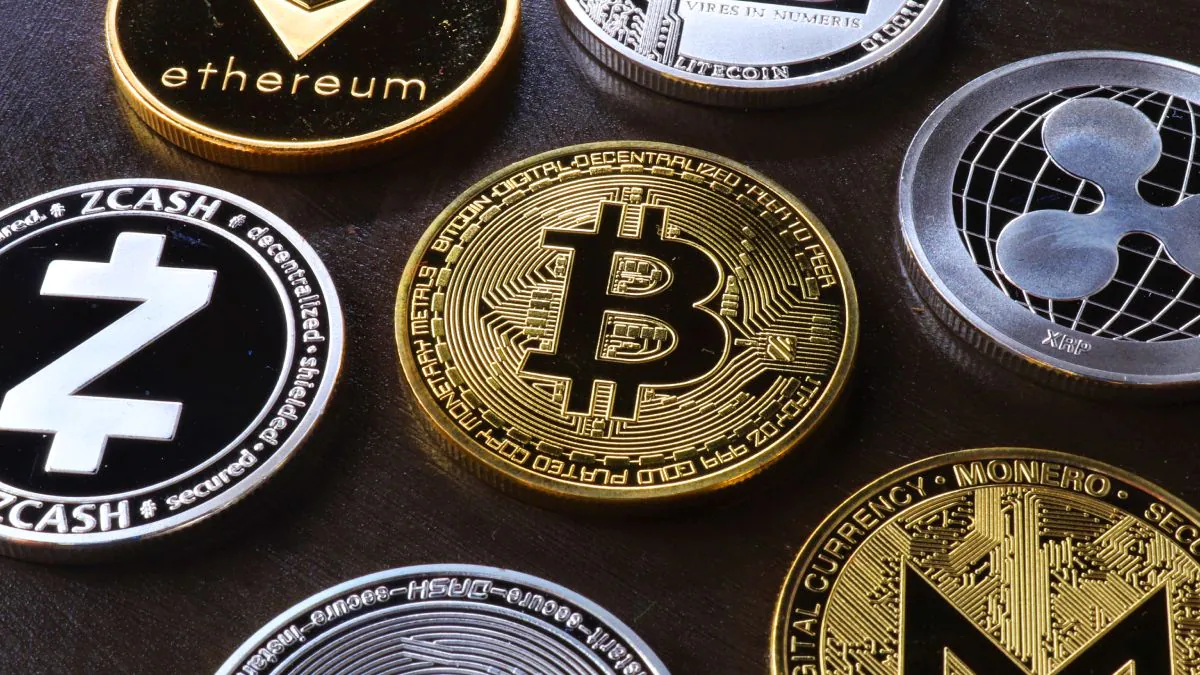The International Monetary Fund (IMF) recently published a report regarding the current state of crypto adoption and regulation. The report outlines how cryptocurrency adoption has become mainstream, giving rise to the need for global standard regulation. A kind of regulation that would be more consistent and comprehensive. In its recent report, titled “Regulating Crypto: The Right Rules Can Provide a Safe Space for Innovation”, the IMF says that crypto assets are no longer the “niche products” they used to be.
according to the authors of ReportAccording to Capital Markets Director Aditya Narayan and Assistant Director Marina Moretti, crypto assets now have uses that are much higher than usual. For example, crypto assets can be used both as a payment instrument and as a hedge against weak currencies. They can also be used for speculative investments.
For the past decade, crypto assets have been slowly growing. However, it was not until recently that the need for regulation became apparent to all. Aside from its growing popularity and widespread use cases, the recent failures of top crypto firms are part of the impetus for more robust crypto regulation. As the authors noted in the report, “the failures of crypto issuers, exchanges and hedge funds, as well as the recent slide in crypto valuations, have pushed for regulation.”
It is a given that crypto regulation is a necessity if the crypto industry is to survive. However, there are several factors hindering the establishment of global crypto regulation. According to the authors, achieving a standard set of rules would not be without struggle. “Implementing existing regulatory frameworks for cryptocurrency assets or developing new ones is challenging for a number of reasons,” he wrote.
Highlighting some of the factors, the authors noted the rapid rate at which the market is evolving, regulators may struggle to overcome other hurdles, including discrepancies in regulatory approach, among many other things.
That said, despite the difficulties surrounding regulation, global regulators are slowly converging on a regulatory table. For example, Europe is on the verge of releasing its much-awaited markets in crypto-assets (MiCA) regulations. The US is also working on its own crypto regulation bill which it calls the Responsible Financial Innovation Act.













